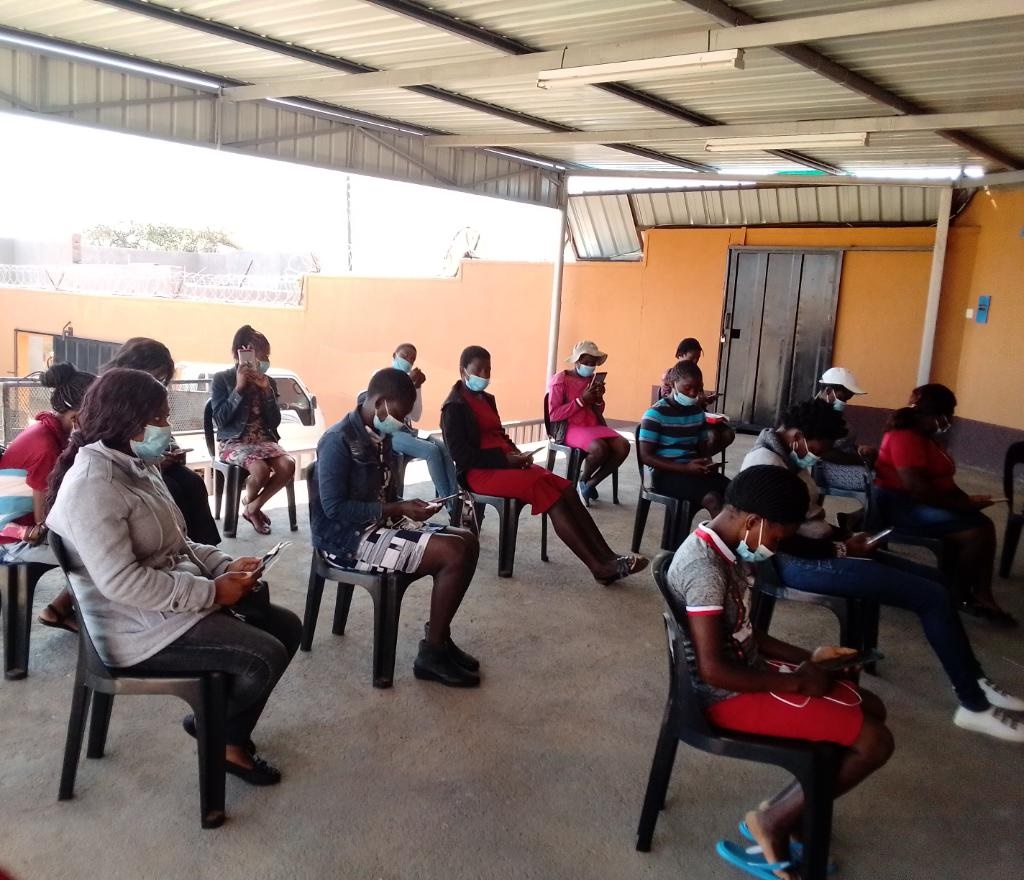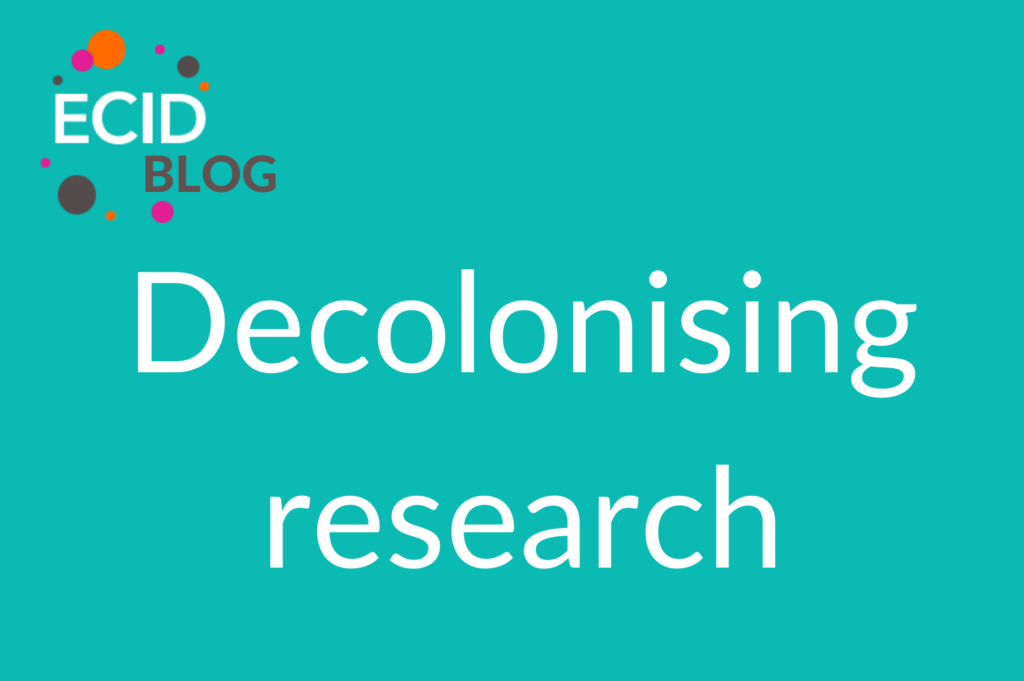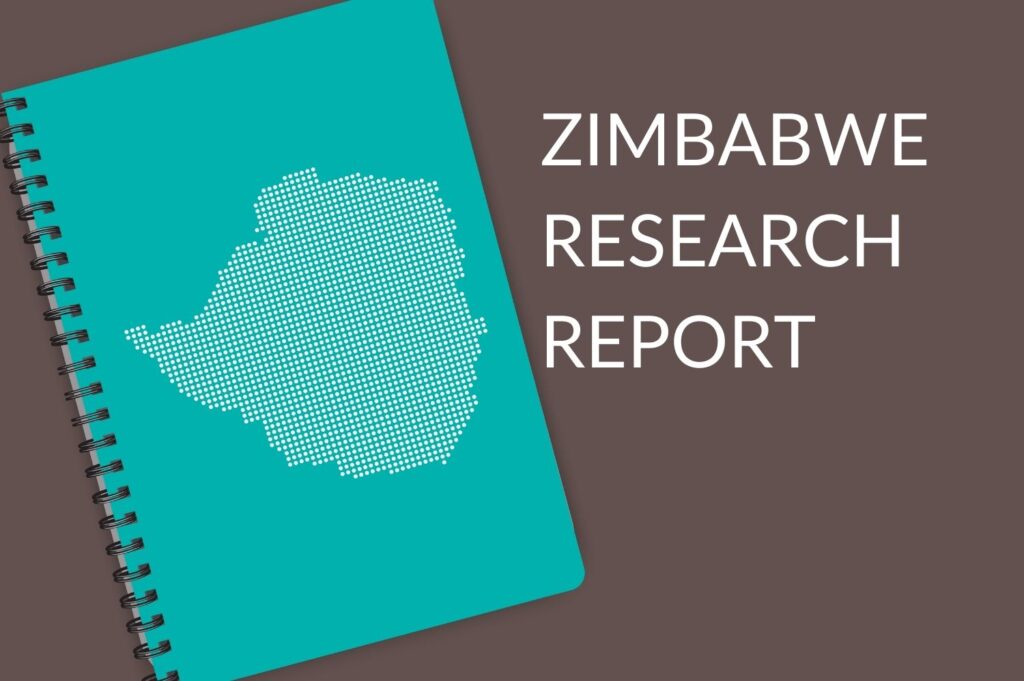Adapting to Covid-19 in Zimbabwe
The threats of Covid-19 have plunged development and business work the world over into a complexity which demands exceptional innovation and learning to make an impact for the most vulnerable people. On 20 March 2020, Zimbabwe recorded its first case of Covid-19 and since then, things have drastically changed in the country.
The Evidence and Collaboration for Inclusive Development (ECID) project endeavours to foster collaborations amongst diverse stakeholders to promote inclusive development. The Covid-19 pandemic has illuminated the need for all arms of development to converge in delivering health services, social protection and livelihoods bearing in mind the most marginalised communities. Since March, when Zimbabwe introduced the first lockdown measures, the Christian Aid Zimbabwe team has worked tirelessly with its partners and funders to adapt programming approaches to the Covid-19 context reality using principles of adaptive programming. Adaptive programming is “a structured, iterative process of robust decision making in the face of uncertainty, with an aim to reducing uncertainty over time via system monitoring.”
This has demanded thought leadership, learning, research and accountability. Rethinking monitoring, evaluation, safeguarding/do-no-harm, consent and ethics can never be over-emphasised considering the risks associated with remote programme management and implementation. The team has rehearsed many scenarios to come up with the practical safe approaches to adapt to.
Practical adaptations

To foster collaboration between communities, civil society organisation and governments, our local partners have invested in strengthening relationships with communities, other development actors, central and local government departments. With support from the Local Authorities, the ECID project in Zimbabwe is in 5 districts of Binga, Lupane, Mutasa, Mutare Urban and Mutare Rural working with critical government structures such as Ministry of Health District’s Covid-19 Task Force reaching out to communities with Covid-19 awareness information. This collaboration will play a huge role in demystifying misinformation amongst hardest to reach communities.
In adopting new ways of working, the ECID project is making maximum use of information and communication technology to conduct activities. Project inception meetings with our community focal points in rural areas were done remotely. These were held through WhatsApp Groups as this is the most accessible platform for everyone. Zimbabwe has a commendable WhatsApp usage that constitutes 50% of all data use. Despite high data costs, community focal points are key to information about the ECID project being steadily disseminated to communities. The ECID baseline training for enumerators was carried out successfully virtually in all the 5 project districts. Recognising that some qualifying enumerators may not possess a smart phone, the project temporarily provided tablet phones to support the digital data collection process. Compliance to Covid-19 lockdown guidelines and infection prevention was a critical part to the enumerators 3 days virtual training.
In these unprecedented times, we believe finding ways to adapt our work is essential to ensure we can still make an impact on the most marginalised communities. We believe more of civil society in Zimbabwe should adapt their programmes to widen their collaboration with unconventional stakeholders, like the private sector, faith communities and other civil society organisations to ensure no one is left behind. Disconnected approaches could increase the risks associated with Covid-19, whereas a holistic, national response could help bridge the widening inequality gaps between the rich and poor; and urban and rural divides.
The Evidence and Collaboration for Inclusive Development (ECID) programme aims to foster collaboration among civil society to effect inclusion and empowerment of marginalised groups to access essential services. In Zimbabwe we are working in Manicaland and Matabeleland North Provinces of Zimbabwe, focussing on the needs of women, girls and people with disabilities.



